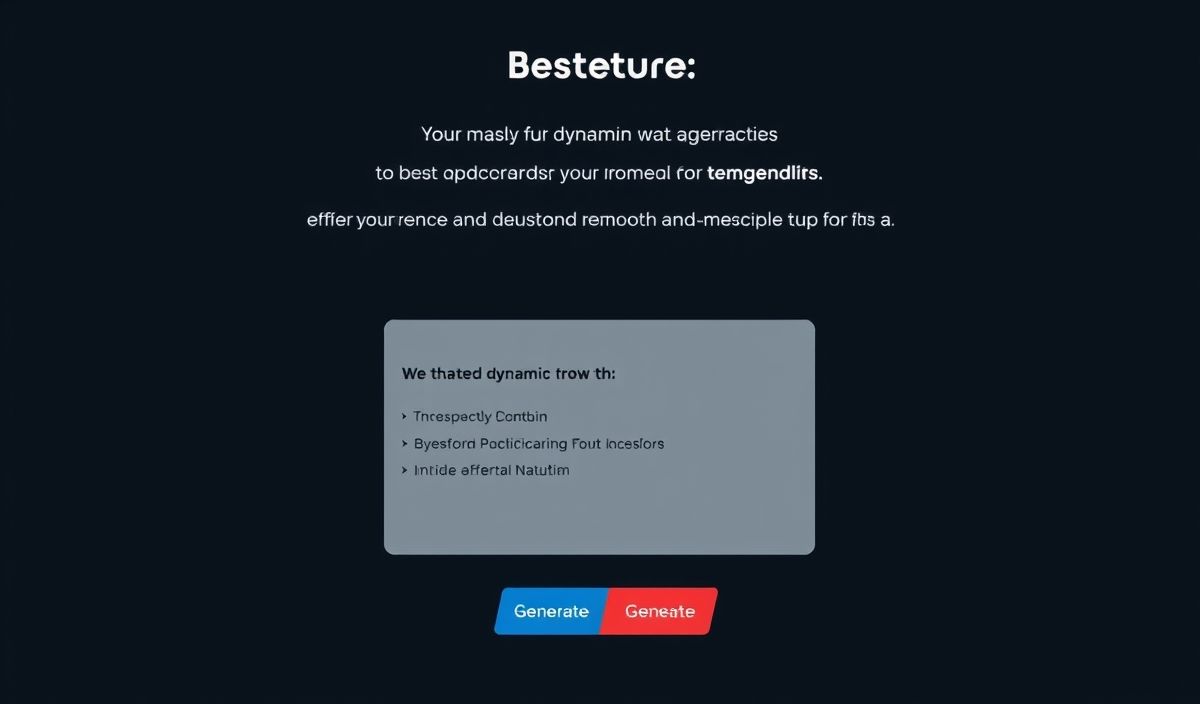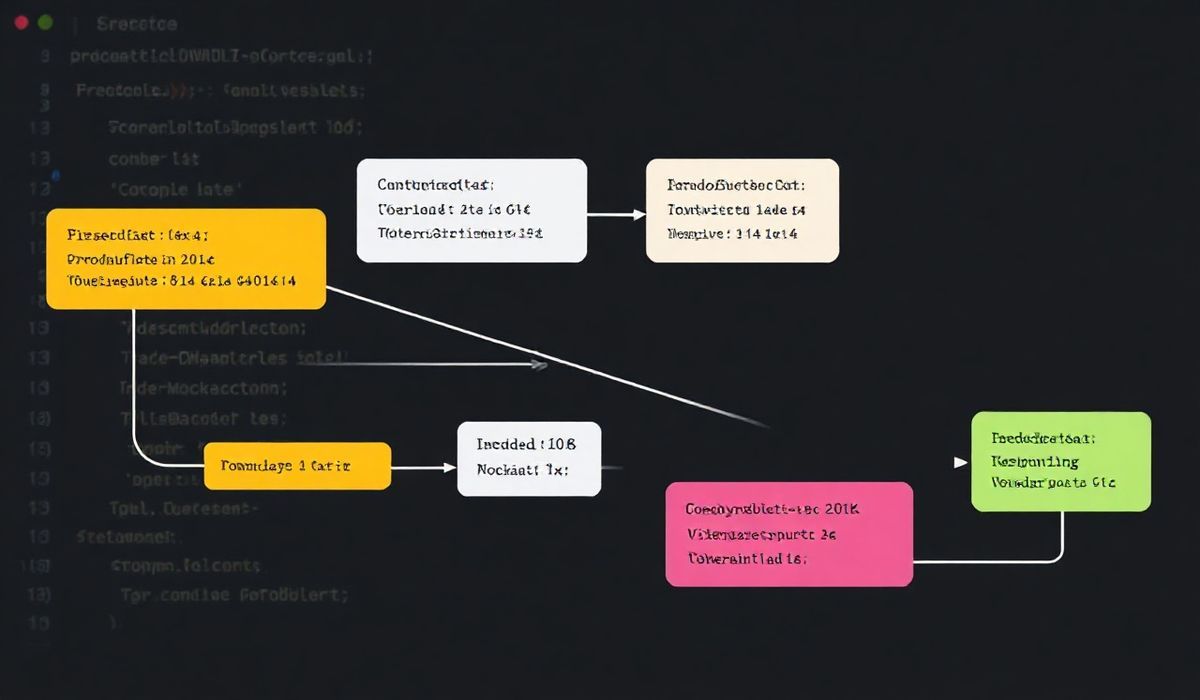Introduction to JEXL
JEXL (JavaScript Expression Language) is a powerful library that enables dynamic evaluation of JavaScript expressions. It is particularly useful for evaluating expressions in runtime, making it a versatile tool in various applications.
Basic Usage
To get started with JEXL, install the package via npm:
npm install jexlHere’s a simple example of how to evaluate an expression:
const Jexl = require('jexl');
let expression = '2 * (3 + 4)';
Jexl.eval(expression)
.then(result => console.log('Result: ', result))
.catch(err => console.error('Error: ', err));Context with JEXL
You can provide a context, making it possible to use variables within your expressions:
let context = { a: 5, b: 10 };
let expression = 'a + b';
Jexl.eval(expression, context)
.then(result => console.log('Result: ', result))
.catch(err => console.error('Error: ', err));Custom Functions
JEXL allows you to register custom functions that can be used in your expressions:
Jexl.addFunction('double', function(val) {
return val * 2;
});
let expression = 'double(4)';
Jexl.eval(expression)
.then(result => console.log('Result: ', result))
.catch(err => console.error('Error: ', err));Boolean Logic
JEXL supports boolean expressions, making it easy to perform logical operations:
let expression = '10 > 5 && 5 < 10';
Jexl.eval(expression)
.then(result => console.log('Result: ', result))
.catch(err => console.error('Error: ', err));Arrays and Object Access
You can access arrays and objects within your context:
let context = { arr: [1, 2, 3], obj: { foo: 'bar' }};
let expression = 'arr[1] + obj.foo';
Jexl.eval(expression, context)
.then(result => console.log('Result: ', result))
.catch(err => console.error('Error: ', err));App Example
Here’s a complete example of a small application that uses JEXL to evaluate expressions dynamically:
const express = require('express');
const Jexl = require('jexl');
const app = express();
app.use(express.json());
Jexl.addFunction('multiply', (a, b) => a * b);
app.post('/evaluate', (req, res) => {
let { expression, context } = req.body;
Jexl.eval(expression, context)
.then(result => res.json({ result }))
.catch(err => res.status(400).json({ error: err.message }));
});
app.listen(3000, () => {
console.log('Server running on port 3000');
});
// To test the API endpoint, you can use the following curl command:
// curl -X POST http://localhost:3000/evaluate -H "Content-Type: application/json" -d '{"expression": "multiply(a, b)", "context": {"a": 3, "b": 4}}'
// This should return: { result: 12 }By utilizing JEXL in your applications, you can add a dynamic layer to expression evaluation, making your code more flexible and powerful.
Hash: 0bcdf086e2654a0cc2e95846d6538c7c8752a9c7730b0ad389902b46063ac335




